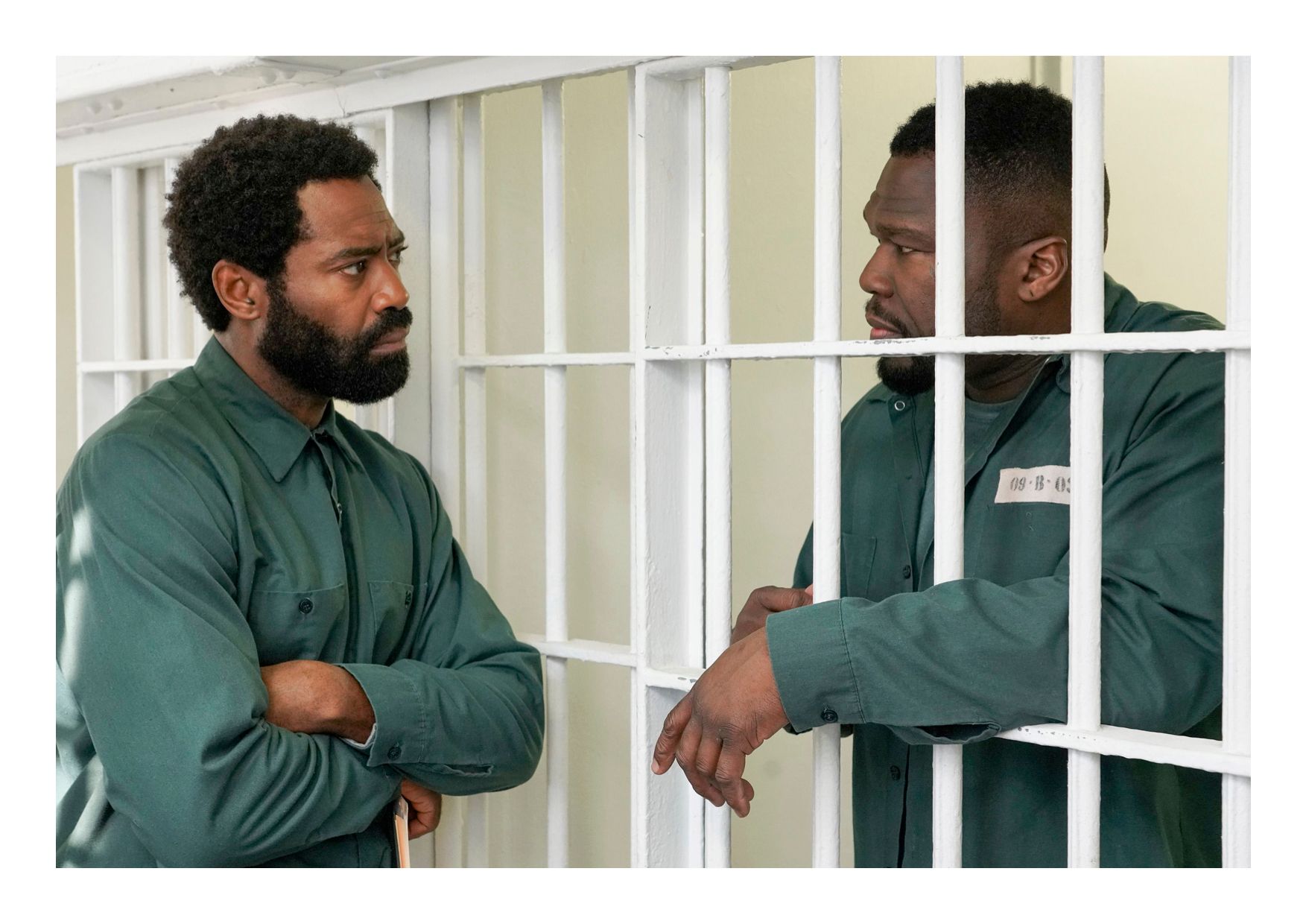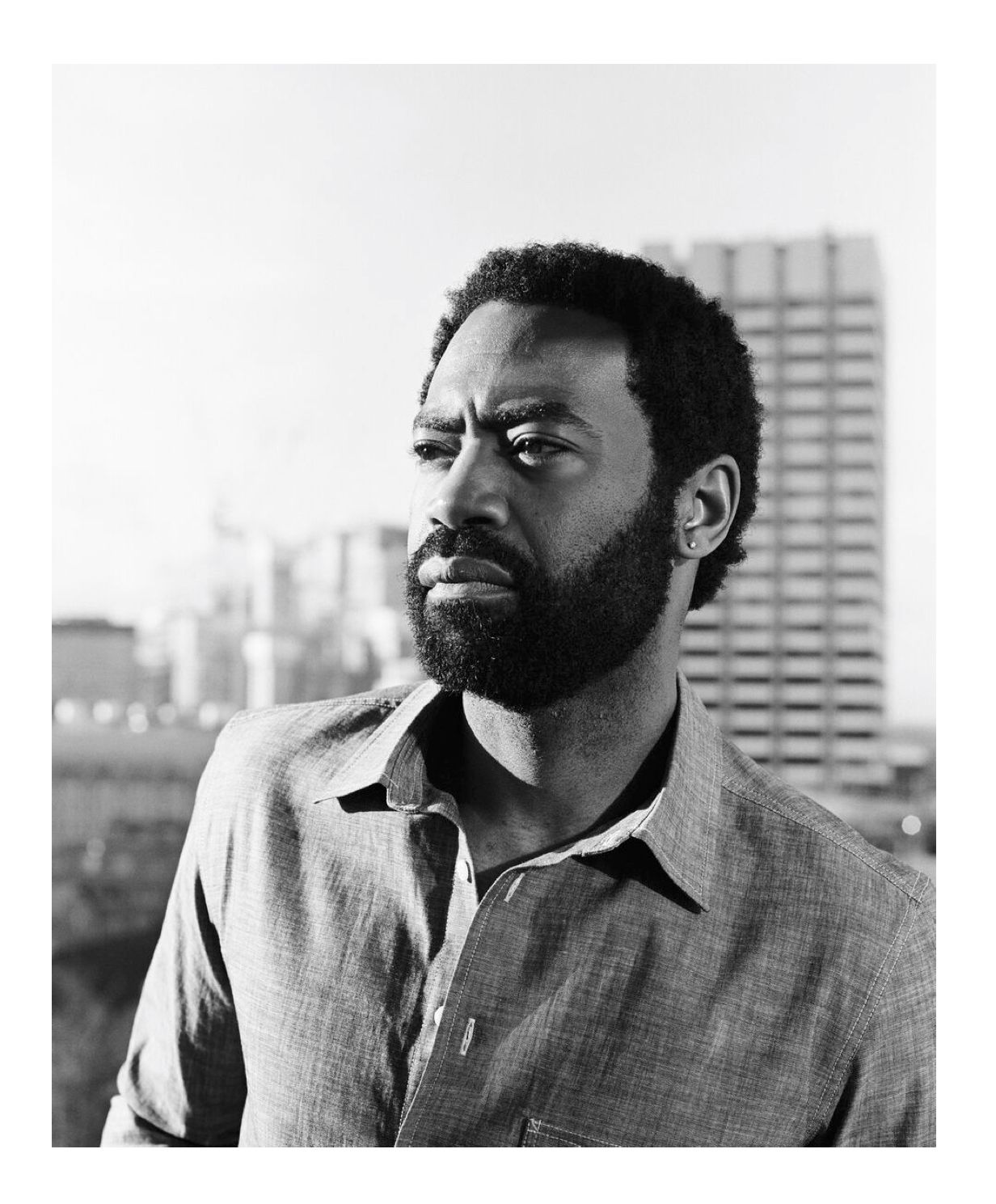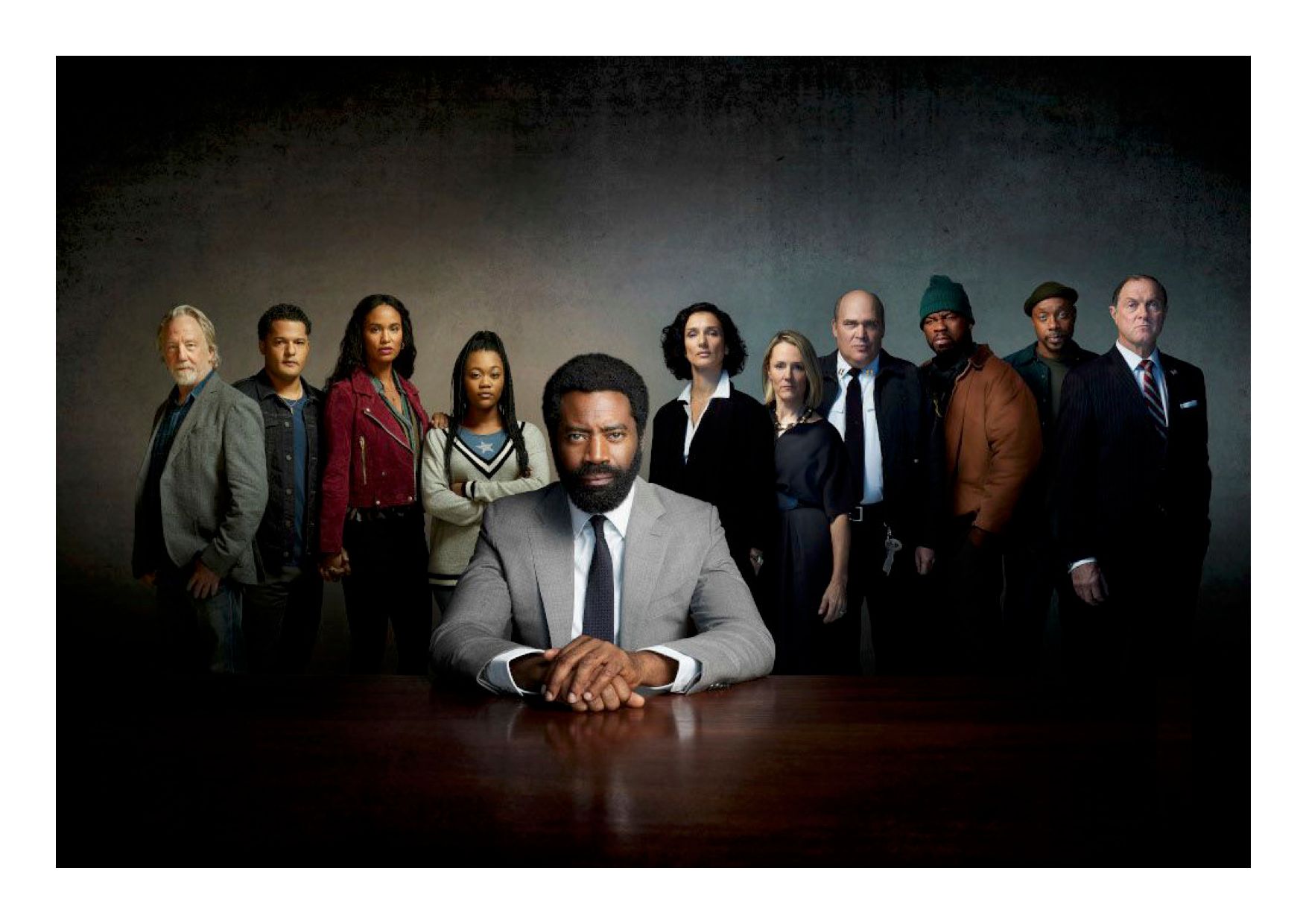
Nicholas Pinnock is an actor at the top of his game. He is currently playing the lead in the 50 Cent-produced prisoner-turned-lawyer series For Life on ABC, and has played countless figures on both the big screen and small, including the late-icon Nelson Mandela. Despite impressive credits, such as the Hollywood blockbuster Captain America, he remains a modest and private figure, rarely interviewed and eschewing the trappings of fame. Here, he talks to Collective Culture about dancing his way into acting, diversity in the film industry and the importance of always putting your mental health first.
What set you out on a creative path in life?
I was four years old when I realised I wanted to be a performer–I still remember watching the television in the corner of the room and deciding what I was going to do for the rest of my life. When I was seven years old we relocated to Saudi Arabia, and I went to an international school that was supportive of music, plays and poetry. I just thrived on performing. It was the early 80s and I was one of those kids with a headband and a boombox–putting cardboard down and doing backspins on the streets of Saudi Arabia. When it was time to go back to the UK for secondary schooling, I made it very clear to my parents that I wanted to go to a school that allowed me to be creative. I wound up at stage school, and loved it–ballet first thing in the morning, followed by loads of other dance classes, and some acting and singing.

Did the discipline of dance define your approach to acting?
Absolutely. I don't dance professionally anymore, but the discipline of dance was a great foundation into how I conduct my way through acting. I don't have one specific acting technique, like Stanislavski, or anything like that, but acting is essentially all about craft and fine detailing for me, in the same way that ballet is. The greatest skill any actor can have is the ability to improvise in live theatre, and improvisation in-the-moment isn’t only about what you say, it's also what your body says–your physicality has to be complimentary. Because I don’t have a specific technique, the formula that gets me into character is always different, in the same way every piece of writing is different. I'm a glass and whatever liquid you put in that glass is what creates my character. I'm just the vessel.
What are the biggest challenges you face when inhabiting a character?
I carry my characters mentally for however long I'm playing them, and you have to keep your mental health in mind as an actor, because your subconscious doesn't know that you're acting. When you've played a character, you can find yourself trying to shake off the character’s chemicals at the end of the day, which are still filtering out of your system. I think the reason a lot of actors end up in therapy is because they're dealing with emotions that don't actually belong to them. Becoming an ambassador for the mental health charity MIND is actually one of my proudest achievements. I think responsibility comes with fame, and although I never set out to be famous, it seems I am headed in that direction, so it is something I'm going to use to the best of my ability to help those who don't have a voice.

As a successful black actor, how do you feel about the diversity argument in modern cinema?
In the age of diversity, which is what we are talking about, you can't have a separate category if we're all looking for equality, so I would say, first of all, that I'm not a black actor. My white counterparts don't have the predicate of white actor–they're just actor–so, I will remain just actor until that has changed. The definition is a colonial imprint–that has stuck–to make people feel other, and to some degree, the establishment has brainwashed the ‘other’ to claim ownership of something, you know? I’m black and I’m proud, and so on. But actually, when you hear ‘black film’, ‘black actor’ or ‘black director’, then immediately in the consciousness of the mainstream it sends the message that these are all exceptions.
What is your concept of home?
When so much of your life is public it’s important that home is a safe haven. It's getting more and more to the point where I leave the house and somebody recognises me–that will never be comfortable for me, but it will be something that becomes normal. Home then has to be a place where I can escape to relax and unwind. Jonathan is very good at getting to know you, and finding out what it is that you like, and what home really means to you. When I'm looking for a home, the space has to have an energy about it, where I feel like I'm welcomed as soon as I enter–I think that intangible energy is what I really look for in a home.
Credits (Top To Bottom): Still from For Life, pictured with 50 Cent; Portrait by Alistair Guy; Promotional poster for For Life.